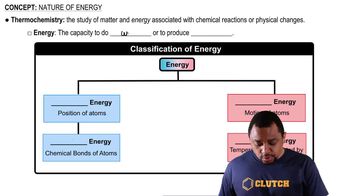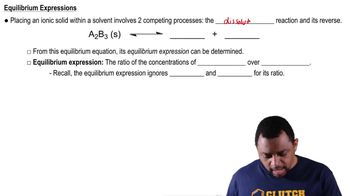Here are the essential concepts you must grasp in order to answer the question correctly.
Energy Storage
Lipids serve as a major source of energy storage in the body. They are more energy-dense than carbohydrates and proteins, providing approximately 9 calories per gram. This stored energy can be mobilized during periods of fasting or increased energy demand, making lipids essential for maintaining energy balance.
Recommended video:
Cell Membrane Structure
Lipids are fundamental components of cell membranes, primarily in the form of phospholipids. These molecules form a bilayer that provides structural integrity and fluidity to the membrane, allowing for the selective permeability essential for cellular function. This arrangement also facilitates communication and transport between cells.
Recommended video:
Hormone Production
Certain lipids, particularly steroid hormones, play a crucial role in signaling and regulation within the body. Cholesterol, a type of lipid, is a precursor for the synthesis of hormones such as testosterone and estrogen. These hormones are vital for various physiological processes, including metabolism, immune response, and reproductive functions.
Recommended video:
Solubility Product Constant (Ksp) Concept 2
 Verified step by step guidance
Verified step by step guidance Verified video answer for a similar problem:
Verified video answer for a similar problem:



 3:36m
3:36m